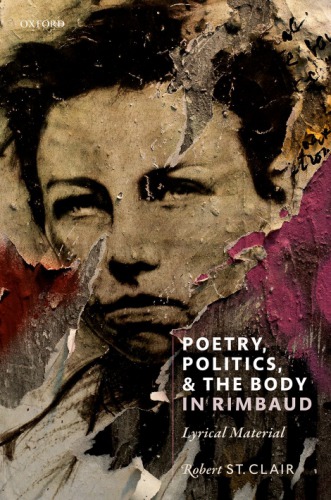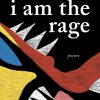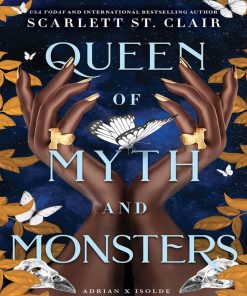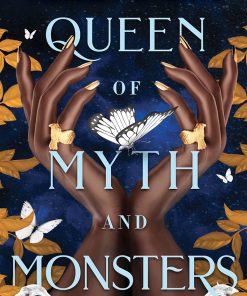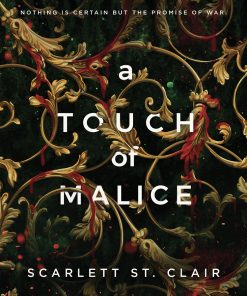Poetry, Politics, and the Body in Rimbaud: Lyrical Material Illustrated Edition Robert St. Clair
$50.00 Original price was: $50.00.$25.00Current price is: $25.00.
Poetry, Politics, and the Body in Rimbaud: Lyrical Material – Ebook Instant Download/Delivery ISBN(s): 9780198826583,0198826583

Product details:
- ISBN-10 : 0198826583
- ISBN-13 : 978-0198826583
- Author(s): Robert St. Clair
Bodies abound in Rimbaud’s poetry in a way that is nearly unprecedented in the nineteenth-century poetic canon: lazy, creative, rule-breaking bodies, queer bodies, marginalized and impoverished bodies, revolting and revolutionary, historical bodies.
The question that Poetry, Politics, and the Body seeks to answer is: What does this corporeal density mean for reading Rimbaud? What kind of sense are we to make of this omnipresence of the body in the Rimbaldian corpus, from first to last–from the earliest poems in verse celebrating the sheer, simple delight of running away from wherever one is and stretching one’s legs out under a table, to the ultimate flight away from poetry itself? In response, this book argues that the body appears–often literally–as a kind of gap, breach, or aperture through which Rimbaud’s poems enter into contact with history and a larger body of other texts. Simply put, the body is privileged ‘lyrical material’ for Rimbaud: a figure for human beings in their exposed, finite creatureliness and in their unpredictable agency and interconnectedness. Its presence in the early work allows us not only to contemplate what a strange, sensuous thing it is to be embodied, to be both singular and part of a collective, it also allows the poet to diagnose, and the reader to perceive, a set of seemingly intractable, ‘real’ socio-economic, political, and symbolic problems. Rimbaud’s bodies are, in other words, utopian bodies: sites where the historical and the lyrical, the ideal and the material, do not so much cancel each other out as become caught up in one another.
Table contents:
1. Introduction
1.1 The Project
1.2 Outline of the Book
1.3 Methodological Considerations
Part One. Rational Choice Theory and Moral Philosophy
2. Rational Choice Contractarianism
2.1 Hobbes’ Moral and Political Contractarianism
2.2 Gauthier’s Morals by Agreement
2.3 Gauthier’s New Social Contract Theory
3. Rational Choice Contractualism
3.1 The Rawls–Harsanyi Dispute
3.2 Rawls’ Original Position Argument
3.3 Moral Implications of the Rawls–Harsanyi Dispute
Part Two. A Two-Level Contractarian Theory
4. Pure Instrumental Morality
4.1 The Homo Prudens Model
4.2 Empathetic Contractor Theory
4.3 The Weak Principle of Universalization
5. Two-Level Contractarian Moral Theory
5.1 Traditional First-Level Morality
5.2 Two-Level Moral Theory
5.3 Minimal Morality at Work
6. Morals and Politics
6.1 A Democratic Productivist Welfare State
6.2 The Aristotelian Principle, Productivity, and Equality
6.3 Global Justice and Peaceful Cooperation
Bibliography
Index
People also search:
poetry by rimbaud
rimbaud poetry quotes
rimbaud poetry foundation
arthur rimbaud poetry
arthur rimbaud poems in english
arthur rimbaud poems the drunken boat
poetry and politics
the politics and poetics of transgression pdf
You may also like…
Erotica - Fiction
Queen of Myth and Monsters 1st edition by Scarlett Clair 91728259673 978-1728259673
Science Fiction - Fantasy Fiction
Uncategorized
Science Fiction - Fantasy Fiction
Erotica - Fiction
Uncategorized
Uncategorized
Science Fiction - Fantasy Fiction
King of Battle and Blood 1st edition by Scarlett Clair 1728258413 978-1728258416
Science Fiction - Fantasy Fiction


